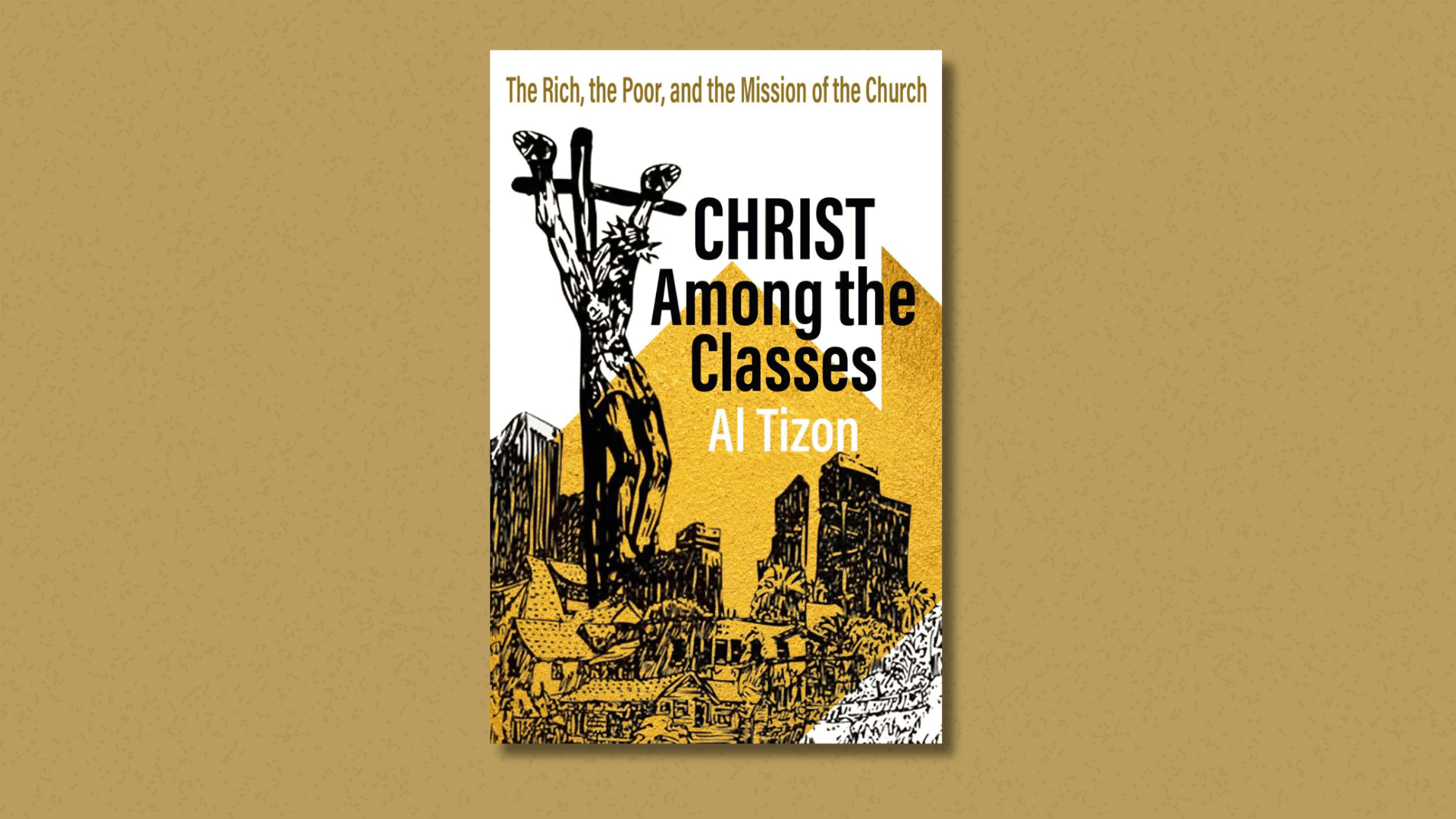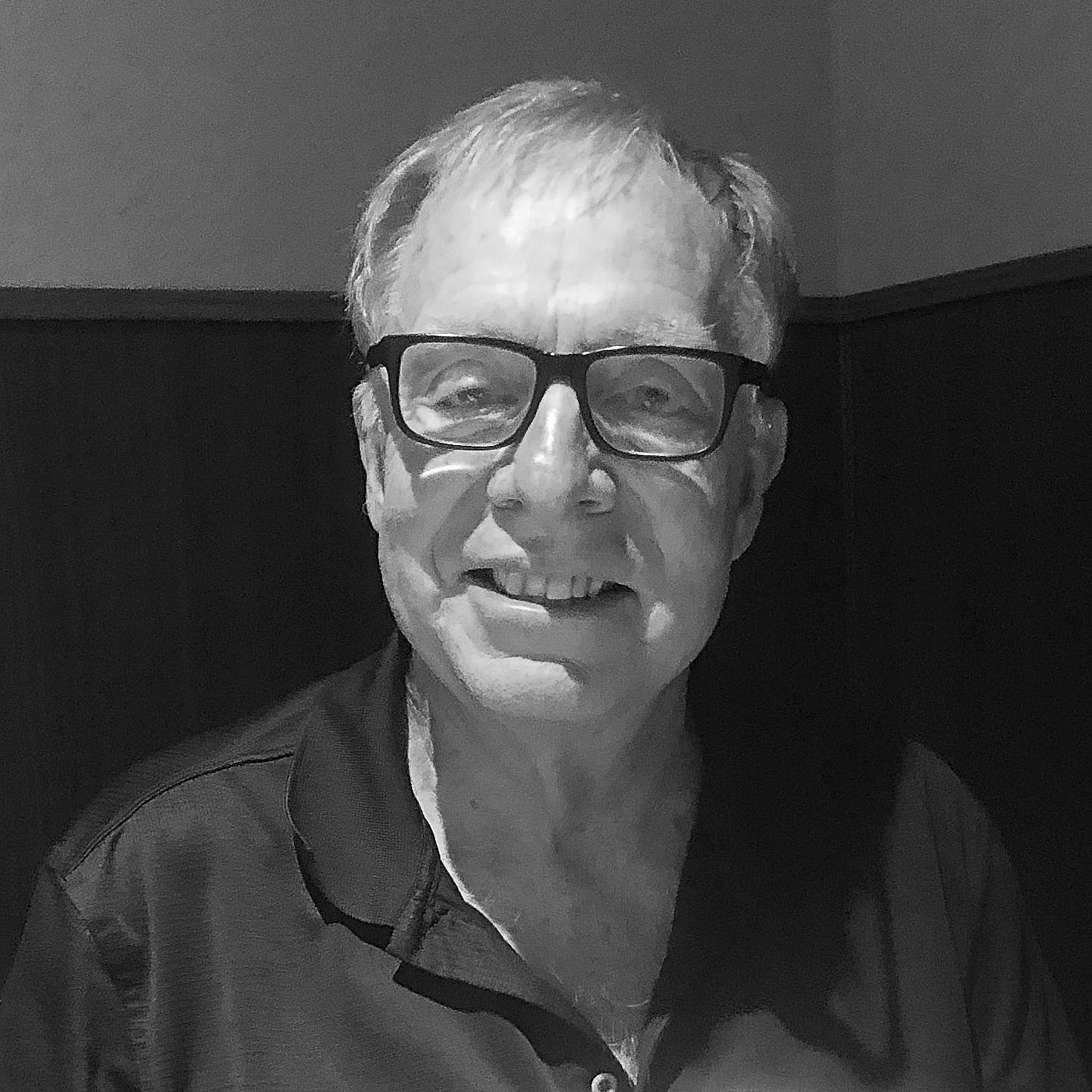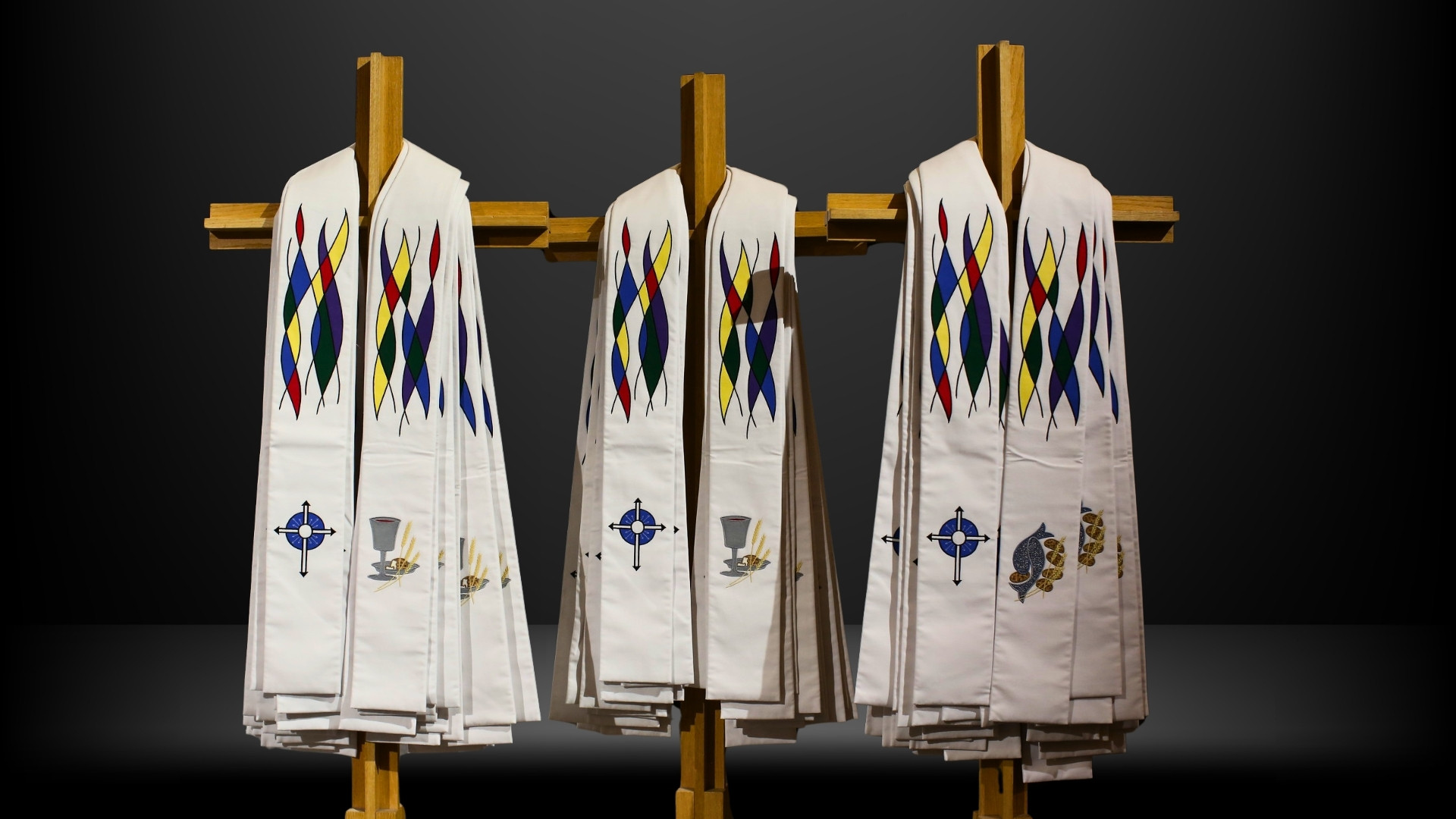Christ Among the Classes
The Rich, the Poor, and the Mission of the Church
Al Tizon
Orbis Books, 240 pages
One of the great joys in life is when you discover that one of your favorite authors has written another book, especially when that person happens to be a personal mentor and friend. I had the privilege of working with Al Tizon during the six years he served as the executive minister of Serve Globally. Three of his previous books have deeply enlightened, challenged, and inspired me—Transformation After Lausanne, Missional Preaching, and Whole and Reconciled.
Tizon writes and speaks as a prophet, focusing on such issues as the whole mission of God, justice, racism, reconciliation, and peacemaking. In his latest book, Christ Among the Classes: The Rich, the Poor, and the Mission of the Church, he addresses classism, which he defines as “collective prejudice formed into a system of inequality based on socioeconomic stratification.” Miguel De La Torre, theologian and social ethics scholar, describes racism, sexism, and classism as the three prongs of Satan’s pitchfork. It is important to acknowledge the intersection between all three of these prongs. For example, in the US, African American women can face discrimination on the basis of race, gender, and social class. Tizon asserts that this pitchfork of the devil penetrates unevenly into the flesh of the world—the prong of classism is more deeply embedded in our culture and is therefore more hidden than the other two. It tends to be largely ignored because we cannot see it. However, the reality is that classism is causing “massive, internal damage in the world.”
In my 20 years of international travel in the majority world, I found it easier to see the reality and effects of classism in some countries than others. Caste is one clear example of blatant classism. However, I have come to see the ubiquity of classism throughout the world, including in the United States where income and wealth disparity continue to increase. Approximately one in ten families in this country are food insecure. More than half of the population in the US is currently unable to purchase a house.
According to Tizon, just as race is a social construct that has provided the rationale for white people to enjoy privilege and power at the expense of Black and brown people, class is a “construct that has provided a rationale for the wealthiest to be entitled to the highest level of dignity, respect, and privilege (upper class), and the poorest to be deprived of such things (lower class).”
Because classism is so ubiquitous and so deeply enmeshed in our world, those of us near the top are often oblivious to its devastating impact on those who suffer the consequences of being relegated to a lower class. Tizon seeks to “dismantle classism in our hearts, churches, and organizations.”
This is one of those books that may be best to read in community, especially since chapters in the second section end with reflection questions, which may be best handled in group conversation.
Tizon is clear that as followers of Jesus, each of us should seek to overcome our blindness to classism and be willing to stand in solidarity with the poor. He also maintains that transformation must happen on a corporate level as well. “If the church among the classes speaks only of personal justice, then it ultimately poses no real threat to classism, which resides not only in the human heart but also in the socio-cultural structures of reality.”
Tizon has spent his life living out and teaching about the whole mission of God. He maintains that human flourishing is part and parcel of that mission. Therefore, like Jesus, the church should particularly focus on engaging with human populations that are flourishing the least.
Some readers may assume that a book on classism will leave the non-poor reader feeling guilty about their own wealth, as well as about the pervasive poverty and economic injustice in the world. Tizon does indeed share the bad news about the devastating impact of classism on the poor. But even more, he provides practical responses to classism that both challenge and inspire us as followers of Jesus to live and act in ways that can bring about lasting change in us as individuals, in our churches, and ultimately in our world.














